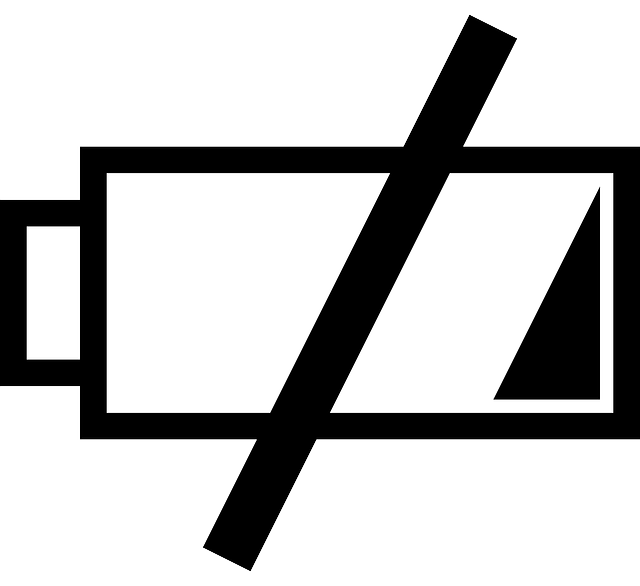There are many supporters and opponents of e-book readers. E-book readers have many advantages and disadvantages, the most common disadvantage being battery life, especially for traditional book fans. To mislead many, battery capacity is usually around 1500mAh, and manufacturers promise battery life of up to one month. Needless to say, a regular book will not run out of battery power, but since no one reads day and night, one must find at least a few hours a month to recharge the battery.
Furthermore, overall durability is often discussed from a technical perspective. For example, if you drop a regular book into a bathtub to dry, the pages will remain variously curled, but you can still finish reading the book: …… Unfortunately, with an e-book, you have to say goodbye to all the files that were in it and to the device itself. However, one must consider the possibility of the reader “drowning.”
As for the main advantage, I would cite affordability. Of course, one must initially invest in the device itself, but that investment will eventually pay off. For example, one can buy a book in a bookstore for 500 CZK, but the same book can be bought in electronic form for 300 CZK.
Anyone who travels, for example, before a vacation or train trip, knows which books to bring, whether they are too thick, one is enough, or two is too many: …… and know that they have to make such decisions. With a book reader, you don\’t have to make those decisions. You can buy a bunch of books for your book reader and take them all with you on your trip, or you can add books at will on the go. Most book readers have built-in Wi-Fi connectivity.
It is up to each individual to decide whether they feel more comfortable holding a physical book in their hands or whether modern e-books win out.
Main disadvantages:Battery life
Technical requirements
Main advantages:Affordability
Unlimited books always at hand
[26]